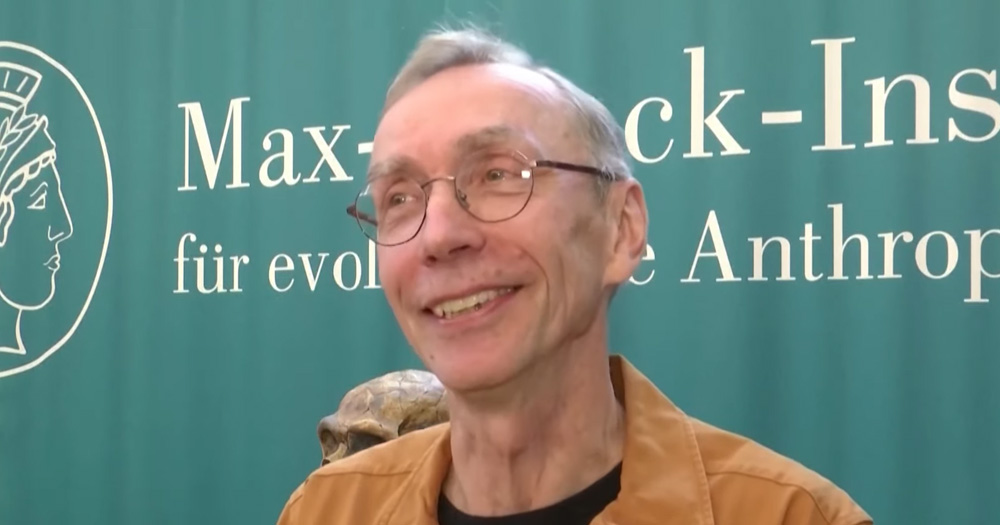Yesterday, October 3, a bisexual Swedish scientist Svante Pääbo was awarded the Nobel Prize in Medicine. Pääbo, an adjunct professor at Japan’s Okinawa Institute of Science and Technology, won the prize for his advancements in the field of paleogenetics – the study of the past through the use of the preserved genetic material of ancient organisms.
Ancient genetic material can help scientists discover a myriad of information about the past. This can include determining the sex of the organism, indicating familial relationships, and even identifying the presence of ancient diseases.
The 67-year-old geneticist managed to successfully reconstruct the genome of Neanderthals, an extinct species that was widely distributed in Europe during the Ice Age. The DNA sample had become severely deteriorated over 500,000 years, making the achievement even more deserving of the award. The geneticist is joining other LGBTQ+ scientists who are making crucial advancements in the field.
The Swedish scientist, along with his team, even discovered a new human species throughout the study. They managed to do this by extracting DNA from a finger bone fragment from a cave in Siberia. These findings helped the scientific community to understand how this species migrated across Asia.
BREAKING NEWS:
The 2022 #NobelPrize in Physiology or Medicine has been awarded to Svante Pääbo “for his discoveries concerning the genomes of extinct hominins and human evolution.” pic.twitter.com/fGFYYnCO6J— The Nobel Prize (@NobelPrize) October 3, 2022
At a press conference in Leipzig, Germany, Pääbo spoke about his reaction to the win, saying, “I initially thought it was a joke, actually. I thought it was my research group that had played an elaborate joke, but it sounded a little too convincing. It was hard to digest. I hope we can continue to work calmly and not be disturbed by too many journalists.”
He added: “I think the thing that is amazing to me is that we have some ability to go back in time and follow genetic history and genetic changes over time. What really drives our work is curiosity.”
Pääbo continued by saying how this discovery can aid our understanding of humans as we have partially descended from the Neanderthal species. “We have discovered, for example in the COVID-19 pandemic, that the greatest risk factor to becoming severely ill has come over to modern people from Neanderthals,” the scientist explained.
“We and others are now intensely studying the Neanderthal version versus the modern version to try to understand what the difference would be. If we understood that, we could perhaps treat COVID-19 better.”
Svante came out as bisexual in his 2014 book, Neanderthal Man: In Search of Lost Genomes. He reportedly revealed that he believed he was gay until he met his wife, American geneticist Linda Vigilant. The couple is now raising a son and daughter in Leipzig, Germany, where he founded the Max Planck Institute for Evolutionary Anthropology.
© 2022 GCN (Gay Community News). All rights reserved.
Support GCN
GCN is a free, vital resource for Ireland’s LGBTQ+ community since 1988.
GCN is a trading name of National LGBT Federation CLG, a registered charity - Charity Number: 20034580.
GCN relies on the generous support of the community and allies to sustain the crucial work that we do. Producing GCN is costly, and, in an industry which has been hugely impacted by rising costs, we need your support to help sustain and grow this vital resource.
Supporting GCN for as little as €1.99 per month will help us continue our work as Ireland’s free, independent LGBTQ+ media.
